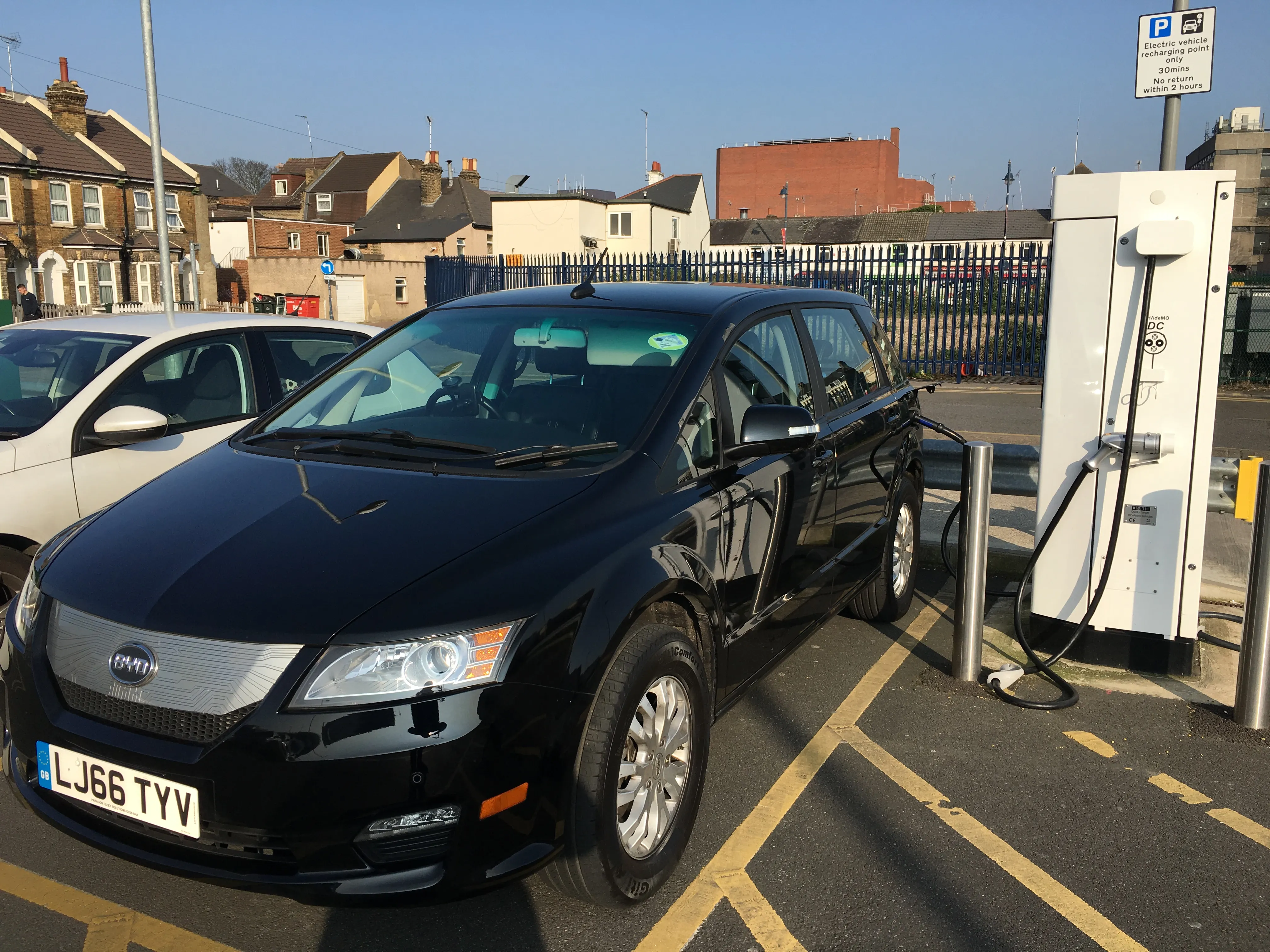A new in-depth study carried out by Newcastle University highlights the low environmental impact of electric vehicles. The study included a wide array of factors and shows that electric vehicles are responsible for 85grammes CO2 /km, some 55grammes CO2 /km less than new petrol driven cars. The study also revealed that electric vehicles are suitable for the majority of daily car journeys. Previous concerns have focussed on the short range of electric vehicles, suggesting that this could impact on distances t
June 13, 2013
Read time: 2 mins
A new in-depth study carried out by 5161 Newcastle University highlights the low environmental impact of electric vehicles. The study included a wide array of factors and shows that electric vehicles are responsible for 85grammes CO2 /km, some 55grammes CO2 /km less than new petrol driven cars. The study also revealed that electric vehicles are suitable for the majority of daily car journeys. Previous concerns have focussed on the short range of electric vehicles, suggesting that this could impact on distances travelled for daily use. But this three-year long study followed the use of electric vehicles by some 200 volunteer drivers. There were 44 vehicles tracked by the study, which travelled a total of 648,000km for 71,600 trips and were charged 19,900 times. The study suggested that the vehicles were responsible for 76,000kg less CO2 emissions than conventional internal combustion engine vehicles would have produced. The study took into account the fact that much of the UK’s electric power is generated by fossil fuels. According to the study, some 93% of all car journeys were for distances of under 40km and well within the range of most electric vehicles. The longest journey was for a distance of 132km. However, it is worth noting that the study was carried out in the UK under European conditions and that vehicle journeys in other countries, such as the US or Australia for example, are often considerably longer.








